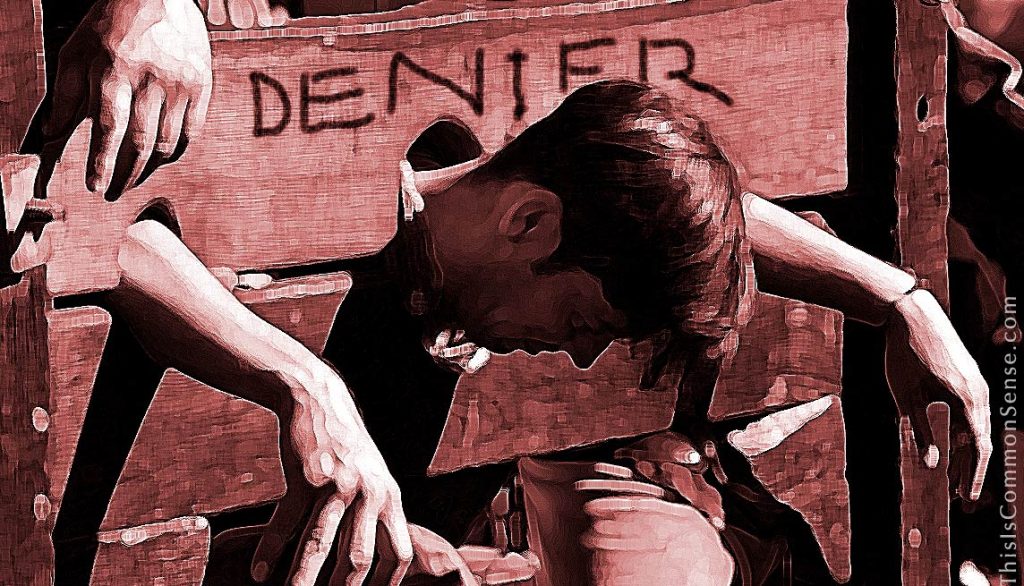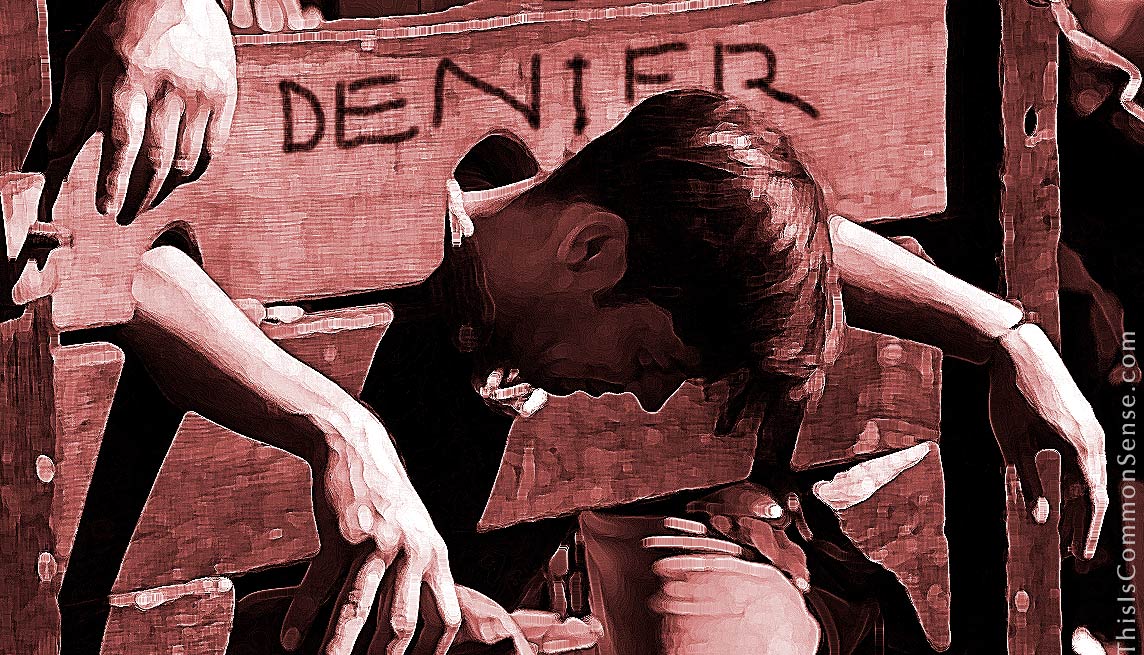It is not a question of “belief,” says Anastasios Tsonis.
In “The overblown and misleading issue of global warming,” this emeritus distinguished professor at the University of Wisconsin-Milwaukee explains that in a “scientific problem ‘believing’ has no place,” going on to clarify:
“In science, we either prove or disprove.”
And regarding climate there is no “settled science.” Lacking unquestionable experimental context — “we have only one realization of climate evolution” — no matter how strong our opinions, skepticism is always in order.
But let us admit the obvious, the “global warming”/“climate change” debate has been frustrating for just about everybody. And much of this is the result of dogmatism.
“The fact that scientists who show results not aligned with the mainstream are labeled deniers is the backward mentality,” Tsonis insists. “We don’t live in the medieval times, when Galileo had to admit to something that he knew was wrong to save his life.”
He argues that our lack of knowledge means that we should be circumspect about whether humans have caused the bulk of recent climate change. “Climate is too complicated to attribute its variability to one cause. We first need to understand the natural climate variability” — which, he says, “we clearly don’t.”
Tsonis concludes talking about problems more urgent than climate change. We can (and should) quibble with his list, but we should be open about our reasoning.
One reason for concentrating on these other issues is that we might be more likely to gain clarity on them.
And thus might be able to do something not foolish.
This is Common Sense. I’m Paul Jacob.

See all recent commentary
(simplified and organized)
See recent popular posts
